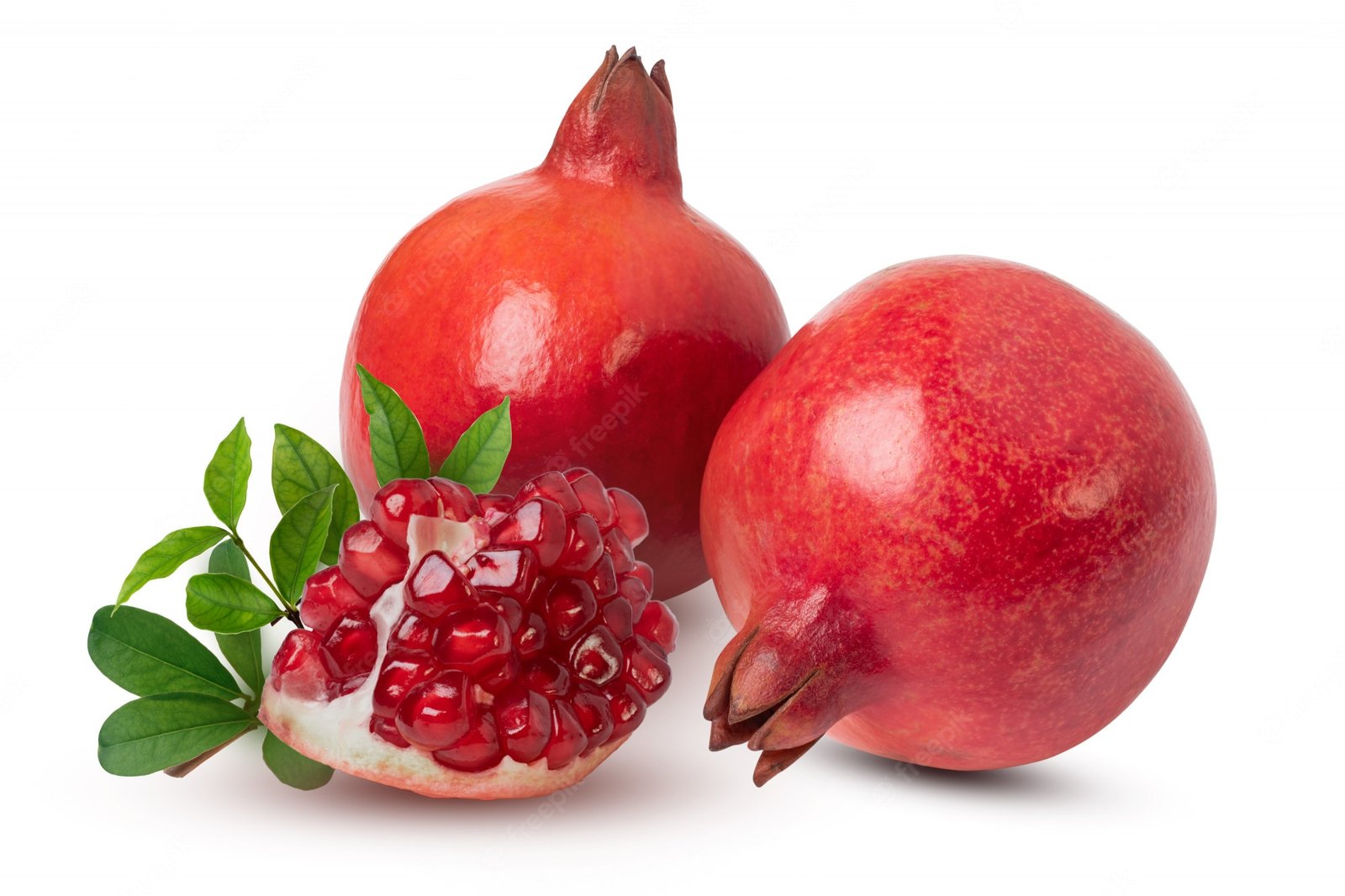Monday, 16 February 2026

This development will catalyse higher yield, better varieties, higher income for farmers while tremendously boosting the export value for Indian pomegranates in the world market
In a path-breaking development for genome research and horticultural science in India, a team of scientists has completed the genome sequencing for pomegranate, known as a wonder fruit to many. For the first time anywhere in the India, the ICAR-NRCP team at Solapur, Maharashtra has been able to identify all the bases of DNA material in perfect sequence in the process unlocking several genetic mysteries such as identifying particular genes responsible for sweetness, seed softness or colour of the fruit, those responsible for disease and pest resistance, and those for the enlargement of the fruit size, among others. The fruit used has been cv. Bhagawa, an Indian pomegranate.
The ICAR-NRCP announced the release of Reference Quality Genome Assembly of Indian pomegranate cv. Bhagawa . The team involved in this landmark research comprised Dr N.V. Singh, Dr P. Roopa Sowjanya, Dr Shilpa Parashuram, Dr. P.G. Patil and Dr. R.A. Marathe, all at ICAR-NRCP, Solapur. It has taken the team six years in accomplishing full genomic sequencing of this Indian pomegranate. The reference-quality genome assembly of the ‘Bhagawa’ developed by ICAR-NRCP under aegis of Indian Council of Agricultural Research, New Delhi is a huge reservoir of publicly accessible genomic resources for pomegranate researchers across the globe and will provide a great impetus to the pomegranate improvement programme in India. These genomic resources will assist the pomegranate genetic improvement programmes of different research organizations including ICAR-NRCP through genomics assisted trait mapping, breeding and genome editing applications to develop improved varieties with resistance/tolerance to biotic and abiotic stresses.
The genome sequencing experiment was executed at Nucleome Informatics, a Hyderabad based genomics lab. Nucleome is the only laboratory from Asia which is affiliated with the world’s largest and prestigious genomics program ‘The Vertebrate Genome Project’ to sequence 70000 vertebrate genomes.
“Being a high value crop, until now, due to lack of resistant pomegranate varieties against major pests and diseases, there has been very high dependence on chemical pesticides for managing biotic stresses. However, now that we have managed to sequence the whole genome of this fruit, this will open up incredible avenues for vastly improving yield, growing much better and safer varieties for human nutritional needs, and all this at a much faster rate,” said Dr R. A. Marathe, Director, ICAR-NRCP.
“Pomegranate supports the livelihood security of an estimated 2.5 lakh farm families mostly in climatically and edaphically-challenged regions. Now with the achievement of this sequencing and development of even higher quality fruits, India’s export value for pomegranate in the international market will multiply several-fold in a very short period of time,” said Dr. A.K. Singh, DDG (Horticultural Science), ICAR, New Delhi.
Dushyant Singh Baghel, CEO Nucleome Informatics said, “This is an example of public private partnership in genomics research. With the availability of skilled genomics experts and advanced genomics technologies Scientists can develop genomes and discover useful genes in crops faster.”